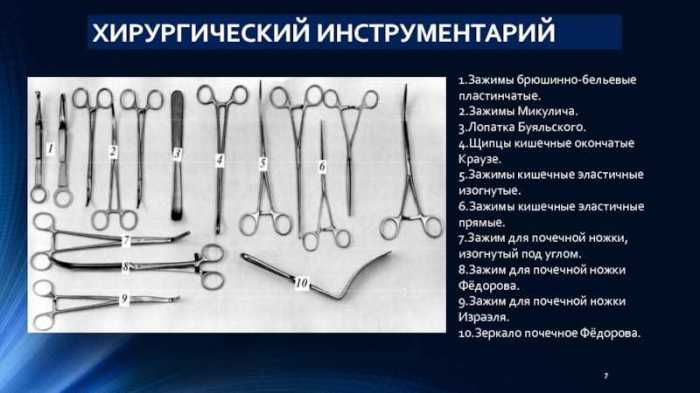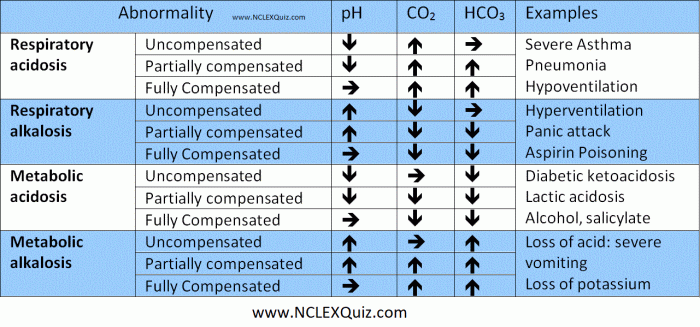Welcome to the definitive guide to Relias Medical Surgical-Telemetry RN A Answers. This comprehensive resource is designed to empower telemetry nurses with the knowledge and skills necessary to provide exceptional patient care in a telemetry setting. As you delve into this guide, you will gain invaluable insights into the responsibilities, assessment techniques, emergency management protocols, and communication strategies essential for success in this specialized field.
Through a captivating blend of theoretical knowledge and practical application, this guide will equip you with the confidence to navigate the complexities of telemetry nursing. Prepare to elevate your practice and make a profound impact on the lives of your patients.
1. Nursing Responsibilities and Skills
Telemetry nurses play a crucial role in monitoring and assessing patients’ cardiac conditions. They provide specialized care to patients with a variety of cardiovascular conditions, such as arrhythmias, heart failure, and myocardial infarction.
Key responsibilities and skills of a telemetry nurse include:
- Monitoring and interpreting telemetry data, including heart rate, rhythm, and blood pressure readings
- Assessing patients’ cardiovascular health through physical examination and patient interviews
- Administering medications and performing life-saving interventions in cardiac emergencies
- Educating patients and their families about cardiac conditions and self-management strategies
- Collaborating with other healthcare professionals to provide comprehensive patient care
2. Patient Assessment and Monitoring: Relias Medical Surgical-telemetry Rn A Answers

Telemetry nurses use a variety of assessment techniques to evaluate patients’ cardiovascular health, including:
- Physical examination: Assessing vital signs, listening to heart sounds, and palpating pulses
- Patient interviews: Gathering information about symptoms, medical history, and current medications
- Telemetry monitoring: Continuous monitoring of heart rate, rhythm, and blood pressure using telemetry equipment
Telemetry nurses are skilled in interpreting telemetry data and identifying abnormal findings, such as arrhythmias, bradycardia, and hypertension.
3. Emergency Management
Telemetry nurses are trained to manage cardiac emergencies in a timely and effective manner. They follow established protocols for administering medications and performing life-saving interventions, such as:
- Cardiopulmonary resuscitation (CPR)
- Defibrillation
- Intravenous medication administration
Telemetry nurses also play a critical role in coordinating with other healthcare professionals during an emergency, such as physicians, respiratory therapists, and emergency medical services.
4. Education and Support

Telemetry nurses are responsible for providing patient education about cardiac conditions and self-management strategies. They explain the importance of medications, lifestyle modifications, and follow-up appointments.
Telemetry nurses also provide emotional support and reassurance to patients and their families. They help patients cope with the stress and anxiety associated with cardiac conditions and promote a positive outlook.
5. Collaboration and Communication

Telemetry nurses work closely with other healthcare professionals to provide comprehensive patient care. They communicate effectively with physicians, nurses, and other staff members to ensure that patients receive the appropriate treatment and support.
Telemetry nurses also play a role in reporting and documenting patient information. They maintain accurate records of patient assessments, interventions, and outcomes.
Questions Often Asked
What are the key responsibilities of a telemetry nurse?
Telemetry nurses are responsible for monitoring and assessing patients’ cardiac conditions, administering medications, performing life-saving interventions, providing patient education, and collaborating with other healthcare professionals.
How do telemetry nurses assess patients’ cardiovascular health?
Telemetry nurses use various assessment techniques, including electrocardiography (ECG), blood pressure monitoring, and physical examination, to evaluate patients’ cardiovascular health.
What is the role of telemetry nurses in managing cardiac emergencies?
Telemetry nurses play a crucial role in managing cardiac emergencies by administering medications, performing life-saving interventions, and coordinating with other healthcare professionals to ensure timely and appropriate care.
